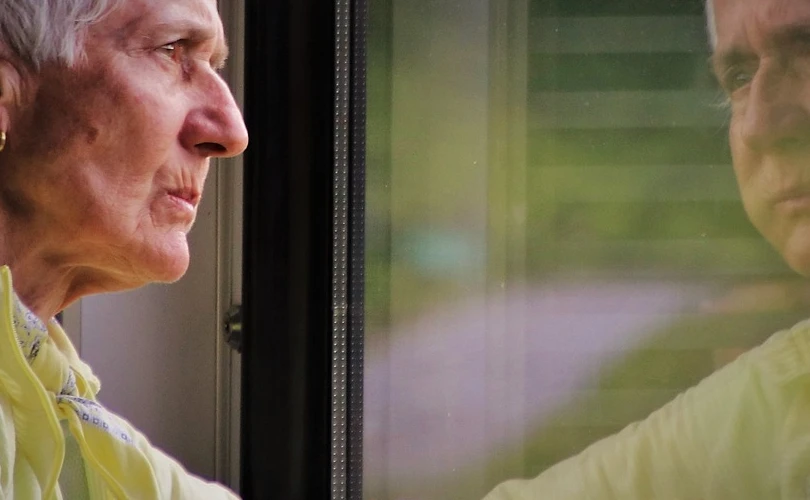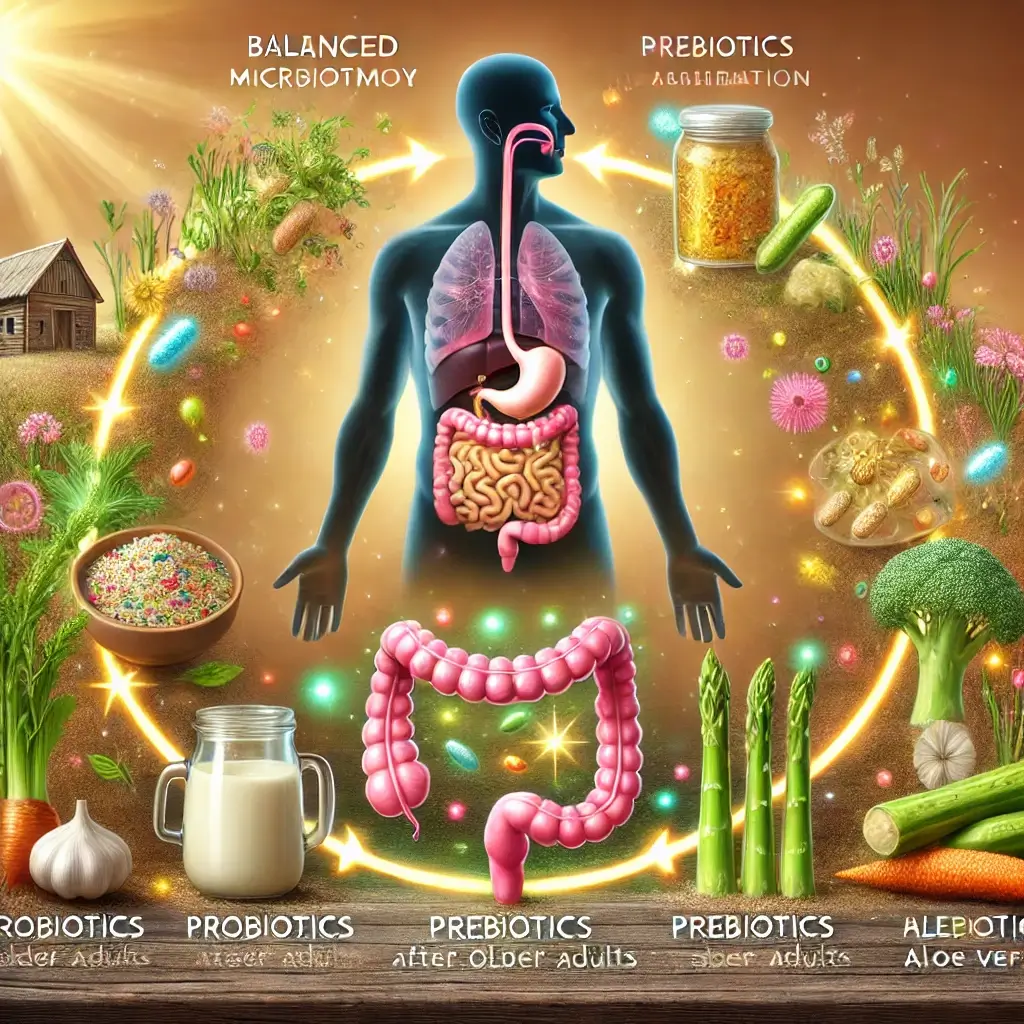Older Adult Cognitive Decline
Two of the most prevalent causes of cognitive impairment in older persons are Alzheimer’s and dementia. Neurodegenerative Alzheimer’s disease impairs memory, thinking, and behavior. Most dementia cases result from it.
Cognitive deterioration severe enough to interfere with daily life is called dementia. Different varieties of dementia exist, but Alzheimer’s is the most common. The causes of Alzheimer’s disease and dementia are unknown, but hereditary and environmental factors are suspected. Alzheimer’s disease and dementia symptoms vary by kind and degree.
Common Symptoms of Dementia and Alzheimer’s
Memory loss: Trouble recalling recent events.
Confusion: Uncertainty over what to do.
Language difficulties: Understanding or using language.
Need help making judgments or solving difficulties.
Personality changes: Mood, conduct, or personality.
Behavior changes: Sleep, hunger, or activity.
There is no cure for Alzheimer’s disease or dementia; however, therapies can manage symptoms. Treatments may include medication, therapy, and lifestyle changes.
Nobody can cure Alzheimer’s or dementia with drugs. However, some drugs can alleviate symptoms. Medications may include:
Cholinesterase inhibitors increase acetylcholine, a neurotransmitter essential for memory and learning. Donepezil, rivastigmine, and galantamine are cholinesterase inhibitors.
Memantine: This medicine blocks glutamate, a neurotransmitter that damages brain cells.
Combination therapy: Cholinesterase inhibitors with memantine may help certain patients. Alzheimer’s and dementia patients’ memory, reasoning, and behavior can improve with these drugs. However, they may cause nausea, vomiting, and diarrhea in some people.
There is no cure for Alzheimer’s disease or dementia; however, therapies can manage symptoms. Treatments may include medication, therapy, and lifestyle changes. Consult your doctor regarding cognitive function. They can evaluate your cognition and suggest improvements.
Alzheimer’s and Dementia: Additional Considerations
Alzheimer’s and dementia treatments vary. Your requirements and circumstances determine the optimal treatment. Early diagnosis of Alzheimer’s and dementia is crucial. Early diagnosis helps with therapy and planning. Many sites support Alzheimer’s patients and their families.These resources offer advice, support, and assistance. You can aid someone with Alzheimer’s or dementia in various ways.
Some tips: Wait and understand. Alzheimer’s disease and dementia can frustrate both the patient and their family.
Please encourage them to do what they enjoy. Mental and physical stimulation can halt illness progression. Support and companionship. Alzheimer’s patients may need help showering, dressing, and eating. They may also need emotional support. Do research. Alzheimer’s disease and dementia have no cure, but research is ongoing. Research can help cure this deadly disease.













